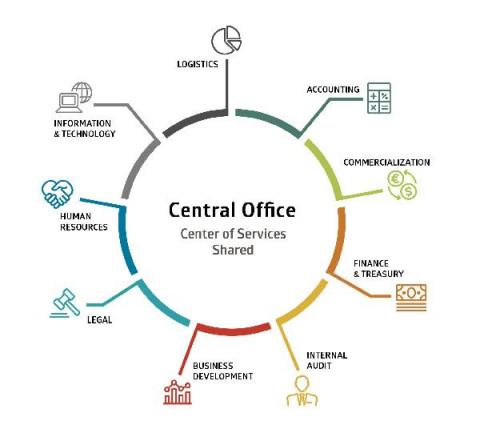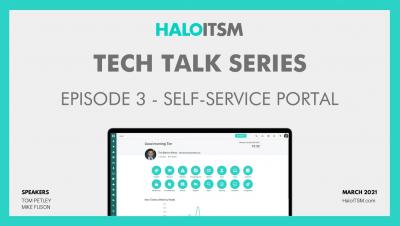Teams | Collaboration | Customer Service | Project Management
ITSM
Why HR and Legal Shared Services Teams are Critical to every Business
For over four decades, large US businesses have relied upon the shared services business model for cost reduction and operational efficiency. Even now, the trend continues with over 80% of the Fortune 500 companies in the USembracing it for obvious reasons. Presently, Human Resources (HR) and Legal shared services teams have become increasingly popular due to their sensitive nature and the supportive role they play in the overall functioning of a business.
How 20+ Leaders Define Customer Experience
So, what does CX mean? As you can expect with any “what is” query you pop into Google, Wikipedia does a great job providing customer experience definition. It says that: “The product of an interaction between an organization and a customer over the duration of their relationship”. Now, by all means – that 100 % true. But, being in the customer experience game ourselves, we’re not entirely satiated. At least not just yet.
On-boarding Remote Workers with Service Watch
It’s been more than half a year since I joined Exoprise. When Covid-19 struck last year, it became clear that companies would expand their hiring requirements beyond local regions and find suitable candidates (just like me!). Remote work and the requirement for on-boarding remote workers no longer became a luxury. This is reflected in job portals and HR sites such as Indeed and Glassdoor where they began to insert a new tag “Remote WFH Option Available”.
HaloITSM Problem Management - Tech Talk with Excalibur Data Systems
AO.COM expanded their use of HaloITSM
In 2009, AO.com, the largest online-only white goods and electricals retailer in the UK, required a top quality ITSM solution due to their rapid growth. In response to this, they migrated to HaloITSM and have since taken their business to new heights.
Shared Services Model - How Does It Work?
The shared services model can transform business processes and smooth out the rough edges in your operational model. Have you been looking for ways to centralize your operations? We recommend that you consider the shared services model. Through the use of standardized technology, various units in an organization can access the same services. In this article, we are going to be providing everything you need to know about the shared services model.
HaloITSM Self-Service Portal - Tech Talk with Excalibur Data Systems
Better Customer Operations Equals Increased Company Revenue
Customer operations refer to customer-centric business functions like sales and service which extend support to the customer. These were earlier perceived to be a cost center, but that notion has changed over the past decade. Customer operations are now regarded as the Swiss army knife of business operations. This is largely due to the fact that it supports several core business functions such as Sales, Marketing, Branding, and Product Development.









